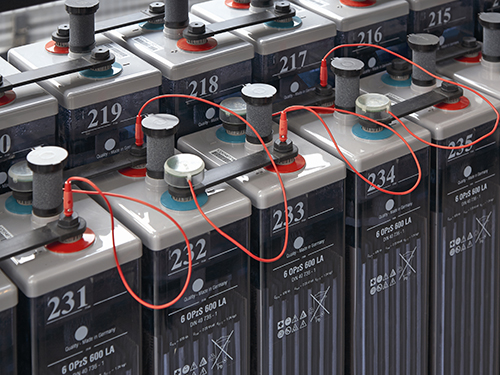As temperature rises, lead-acid batteries undergo several changes that can affect their performance, lifespan, and safety.
- Increased Chemical Activity:
- The chemical reactions within the battery become more active at higher temperatures. This can lead to a temporary increase in the battery’s capacity and performance. However, this also means that the battery discharges faster.
- Accelerated Self-Discharge:
- Lead-acid batteries naturally lose charge over time even when not in use, a process known as self-discharge. Higher temperatures accelerate this process, causing the battery to lose its charge more quickly when not in use.
- Decreased Lifespan:
- Elevated temperatures can cause the battery’s components to degrade faster. The increased rate of chemical reactions can lead to the formation of lead sulfate crystals on the battery plates, which can reduce the battery’s ability to hold a charge. Additionally, higher temperatures can cause the electrolyte to evaporate more quickly, leading to a reduction in electrolyte levels and increased risk of sulfation and corrosion.
- Increased Risk of Thermal Runaway:
- If the temperature rises excessively, it can lead to a condition known as thermal runaway, where the heat generated by the battery exceeds its ability to dissipate it. This can result in a dangerous cycle of increasing temperature and chemical activity, potentially leading to battery failure, leakage, or even explosion.
- Reduced Efficiency at Extremely High Temperatures:
- While moderate increases in temperature can temporarily improve performance, extremely high temperatures can have the opposite effect. The efficiency of the battery can decrease significantly, and it can suffer from internal damage.
- Evaporation of Electrolyte:
- Higher temperatures can cause the water in the electrolyte to evaporate more quickly. This can lead to a concentration of sulfuric acid, which can damage the battery’s plates and separators.
To summarize, while moderate increases in temperature can temporarily boost the performance of lead-acid batteries, prolonged exposure to high temperatures generally has negative effects, including faster self-discharge, reduced lifespan, increased risk of thermal runaway, and potential internal damage. Proper temperature management is crucial for maintaining the health and longevity of lead-acid batteries.


